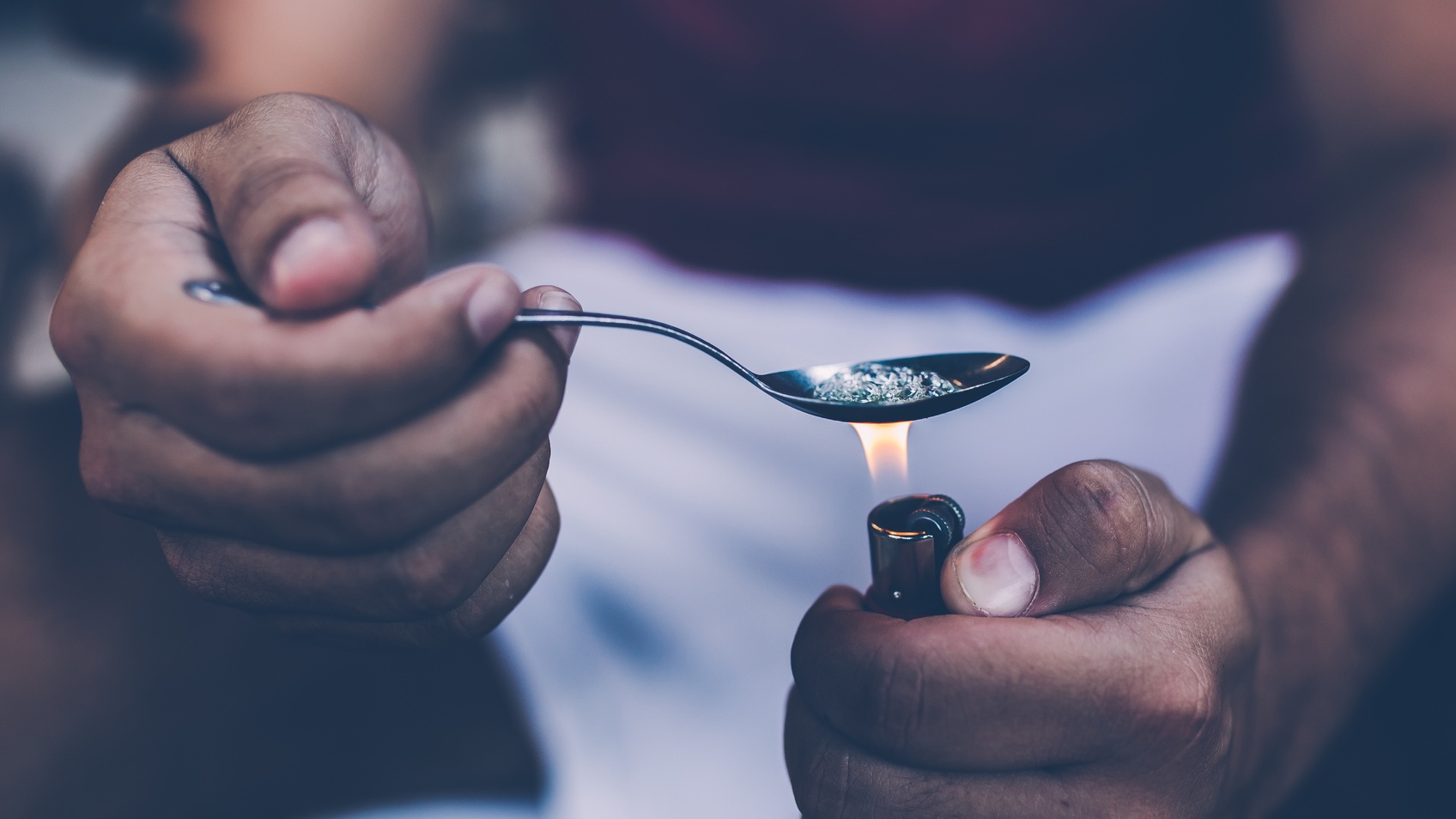Drug overdose deaths have risen sharply among Black Americans during the course of the COVID-19 pandemic with men being the most affected group.
For years, the opioid epidemic has steadily contributed to the rise of deaths in Black communities as a public health crisis across the U.S., the Associated Press reported.
Research from the University of California, Los Angeles stated that Black people had the highest jump in overdose deaths last year with a 50% increase. The nationwide increase was 42%.
The Associated Press reports that drug-related deaths for Black people in St. Louis rose 33% during the pandemic, three times the rate of white Americans. Black men are now four times as likely as a white person to die of an overdose.
Jewell Johnson, a substance use epidemiologist said within the past couple of years, opioid deaths have predominantly taken place inside the home.
"People live alone and they’re not being checked on by family or friends, and the odds of fatally overdosing does increase,” Johnson told The Philadelphia Inquirer.
Dr. Kanika Turner, a local physician fighting the epidemic and the recipient of the 2020 Excellence in Mental Health award, has called the dire phenomena a major civil rights issue. According to WBNG News, she argued that Black communities are facing a war on drugs that expedites Black men to prison sooner than it will provide rehabilitative treatment. Doing so, tears Black families apart and hollows Black homes, Turner said.
Marsha Hawkins-Hourd, a Black pastor in St. Louis, feels the same way, according to the Associated Press.
“It is a set-up for failure, a set-up to continue in the same cycle of poverty and death,” Hawkins-Hourd said of the war on drugs.
Overdoses in several other Black communities continued to surge with drugs like fentanyl, a synthetic opioid, as resources for addiction swindled in Black neighborhoods.
In 2020, there was a 69% rise in drug-related deaths in Black men in Massachusetts as compared to a 29% jump the same year in Philadelphia, according to Becker’s Hospital Review. During that time, overdose deaths in while residents fell 10%.
In Dec. 2017, the CDC released data that would confirm the current trends, stating that opioid deaths in Black Americans were on the rise, as Blavity previously reported. Their report dated back all the way to 2011.
According to the Associated Press, drug deaths in Black Americans are also being attributed to the disproportionate unemployment rates and lack of access to housing and healthcare they’ve faced as a result of the pandemic.
However, it is the work by local physicians like Turner that are helping to fight for the implementation of better resources and treatment for people battling an addiction. Their work they hope will ultimately help to destigmatize drug use and the false correlation between drugs and the incarceration of Black people.
“We’re undoing history of damage, history of trauma, history of racism,” Turner said.
